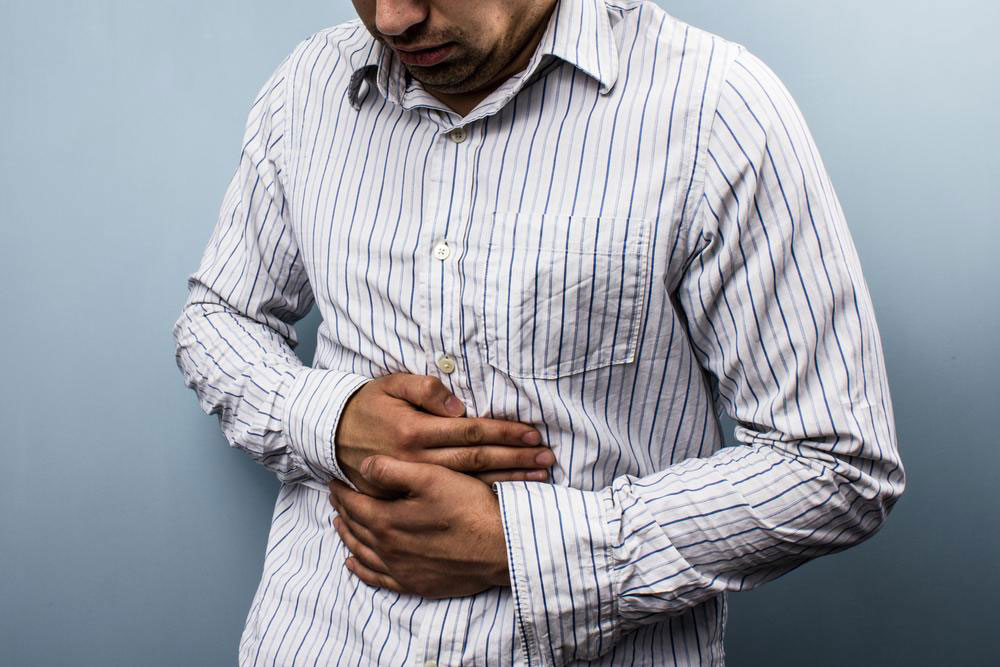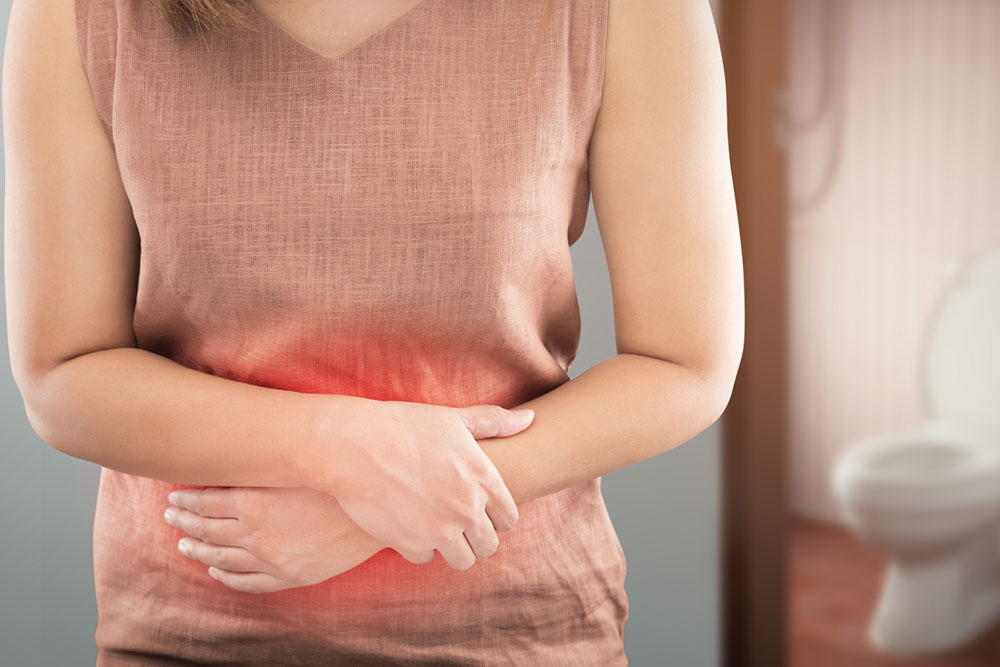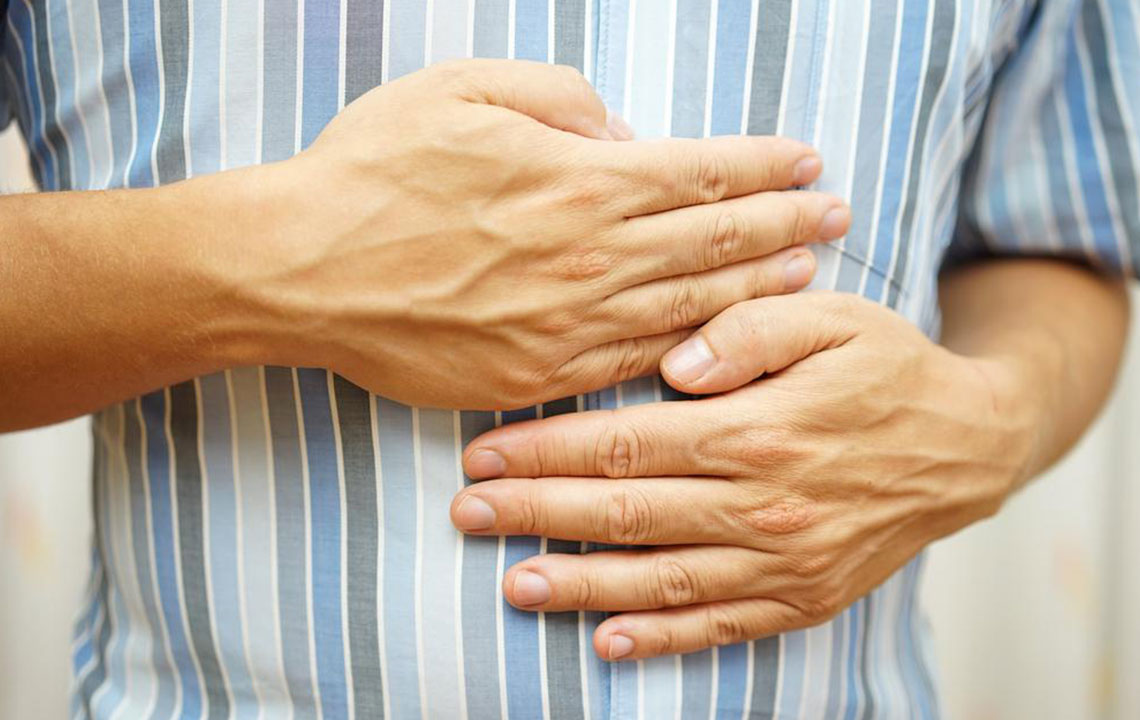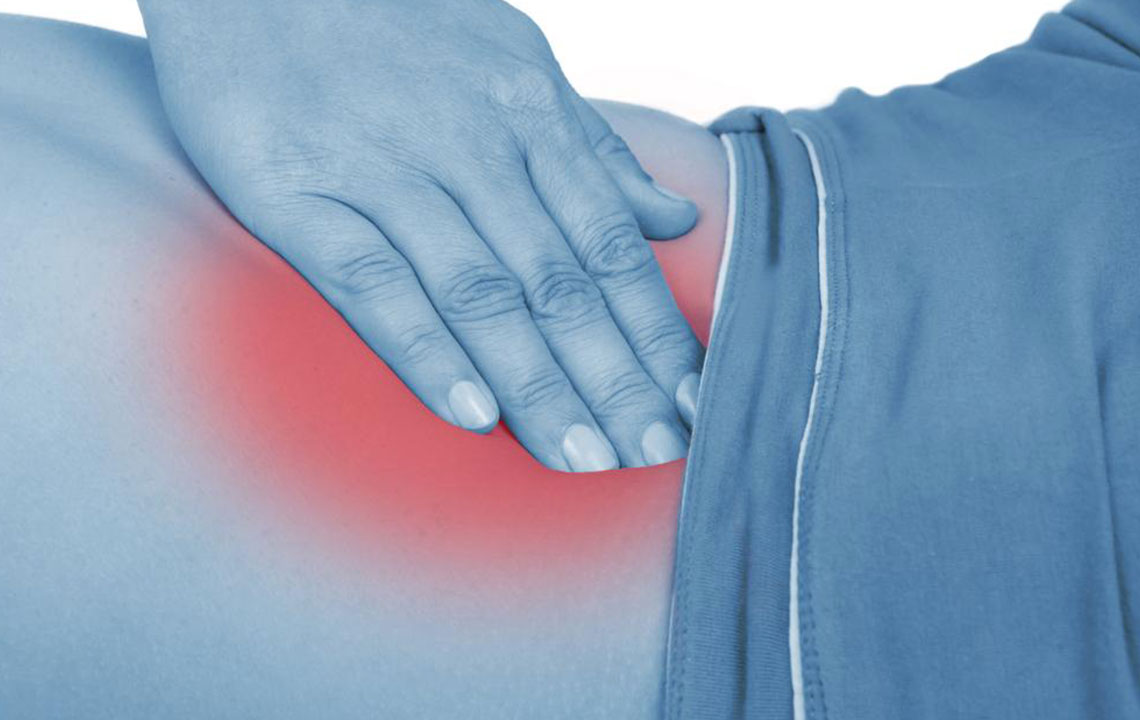Comprehensive Guide to Rapid Relief Strategies for Diarrhea Episodes
Discover effective, practical tips to quickly relieve diarrhea symptoms. From hydration and probiotics to natural herbal remedies and dietary adjustments, this comprehensive guide helps you manage diarrhea episodes efficiently. Learn how to prevent dehydration, soothe discomfort, and support gut health with expert-approved strategies, ensuring swift recovery and minimizing complications. Suitable for all ages, these natural and medical approaches empower you to handle diarrhea effectively and regain health swiftly with safe, simple remedies and dietary tips.

Comprehensive Guide to Rapid Relief Strategies for Diarrhea Episodes
Diarrhea is a common gastrointestinal issue characterized by frequent, watery bowel movements, abdominal cramps, and nausea. It affects people of all ages worldwide and can significantly disrupt daily life if not managed properly. Often caused by contaminated food, water supplies, bacterial or viral infections, or underlying health conditions, diarrhea ranges in severity. While healthy adults often recover quickly, vulnerable groups such as children, seniors, and immunocompromised individuals are at higher risk of complications, including dehydration and nutrient loss. Understanding how to respond effectively during a diarrheal episode is crucial for quick recovery and to prevent complications. This detailed guide explores practical, natural, and medical strategies to alleviate diarrhea symptoms rapidly and restore health swiftly.
Prioritize Hydration: One of the most critical aspects of managing diarrhea is maintaining adequate fluid and electrolyte balance. Diarrhea often leads to significant losses of water, sodium, potassium, and other essential electrolytes, increasing the risk of dehydration. To combat this, it’s essential to drink plenty of fluids. Oral rehydration solutions (ORS) formulated specifically for diarrhea are highly effective, as they contain the right balance of salts and sugars to optimize absorption. Other suitable options include clear broths, electrolyte-enhanced sports drinks, or diluted fruit juices without pulp. While fruit juices are tempting, avoid those containing high sugar or pulp content, as they can exacerbate symptoms. Proper hydration not only prevents dehydration—a potentially severe complication—but also supports your body's ability to recover faster.
Include Gut-Boosting Probiotics: Introducing probiotics, particularly through probiotic-rich foods like yogurt, can significantly aid in restoring healthy gut flora. Yogurt contains live beneficial bacteria that help reestablish microbial balance disrupted during diarrhea episodes. Regular consumption of yogurt, at least two to three times a day, can help speed up recovery times and reduce the severity of symptoms. Pairing yogurt with bananas introduces additional nutrients like potassium, vital for rebalancing electrolytes. Probiotics are especially beneficial when diarrhea stems from bacterial or viral infections, as they can help restore gut integrity and improve digestion.
Herbal Remedies for Soothing the Digestive Tract: Natural herbal teas have long been used for their soothing effects on gastrointestinal discomfort. Chamomile tea, renowned for its anti-inflammatory and calming properties, can provide gentle relief from cramps and diarrhea. Drinking warm, mildly brewed chamomile tea throughout the day helps soothe inflamed intestinal linings without irritating the stomach further. Additionally, ginger has demonstrated anti-inflammatory and anti-spasmodic effects that can reduce abdominal cramps. Fenugreek seeds are rich in mucilage, which forms a protective barrier on the intestinal wall, reducing diarrhea severity. Combining ginger and fenugreek, perhaps infused in hot water, creates a potent natural remedy. For added flavor and gut-calming benefits, a pinch of cumin can be incorporated, which can also reduce gut inflammation and improve digestion.
Utilize Over-the-Counter Anti-Diarrheal Medications: When immediate relief is needed, OTC medications such as loperamide or bismuth subsalicylate can be effective. These drugs work by slowing intestinal motility or reducing inflammation, leading to firmer stools and decreased urgency. However, these should be used judiciously and only after consulting a healthcare professional, especially if diarrhea persists beyond 48 hours or is accompanied by severe symptoms like high fever, blood in stool, or dehydration. Overuse of anti-diarrheal medications can sometimes mask underlying infections or worsen certain conditions, so professional guidance is highly recommended for optimal safety and efficacy.
Consume Bland, Starchy Foods: During diarrhea episodes, choosing easily digestible, bland foods helps minimize gut irritation. Opt for carbohydrate-rich, low-fat options like plain boiled rice, mashed potatoes, or white bread. These foods provide necessary calories and help replenish depleted energy stores without aggravating bowel movements. Avoid spicy, greasy, or fibrous foods that can irritate the gut lining and prolong the illness. Introducing these gentle foods gradually supports gastrointestinal healing and alleviates cramps, making it easier for your digestive system to regain normal function.
Avoid Spicy, Oily, and High-Fiber Foods: During recovery from diarrhea, it’s important to steer clear of foods that could irritate the gastrointestinal tract. Spicy dishes, fried foods, and high-fiber vegetables may exacerbate symptoms by increasing inflammation and bowel activity. Instead, stick to simple, bland, and low-fiber options until symptoms subside completely. Proper dietary adjustments can significantly shorten the duration of diarrhea and reduce discomfort, allowing your digestive system to recover more effectively. Once symptoms improve, gradually reintroduce fibrous foods to regain normal bowel function without triggering a relapse.
Overall, managing diarrhea efficiently involves a combination of hydration, supporting gut health with probiotics, natural remedy use, appropriate diet choices, and cautious medication use. If diarrhea persists more than a few days, or if you experience signs of dehydration, blood in stool, high fever, or severe weakness, seek immediate medical attention. Implementing these strategies effectively not only provides quick relief but also supports long-term gut health and overall well-being during such episodes. Remember, prompt and correct response can make a significant difference in recovery speed and health outcomes.





